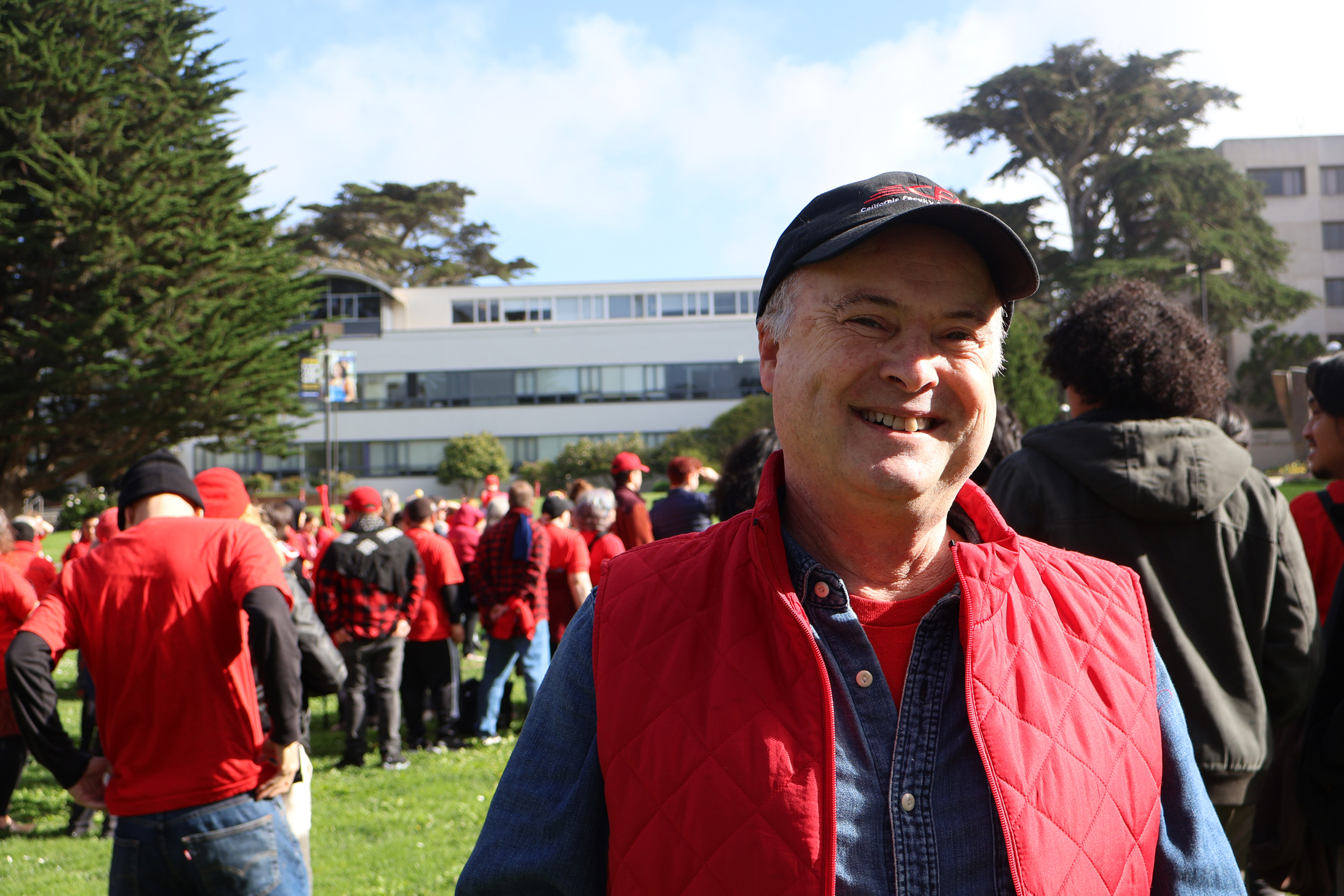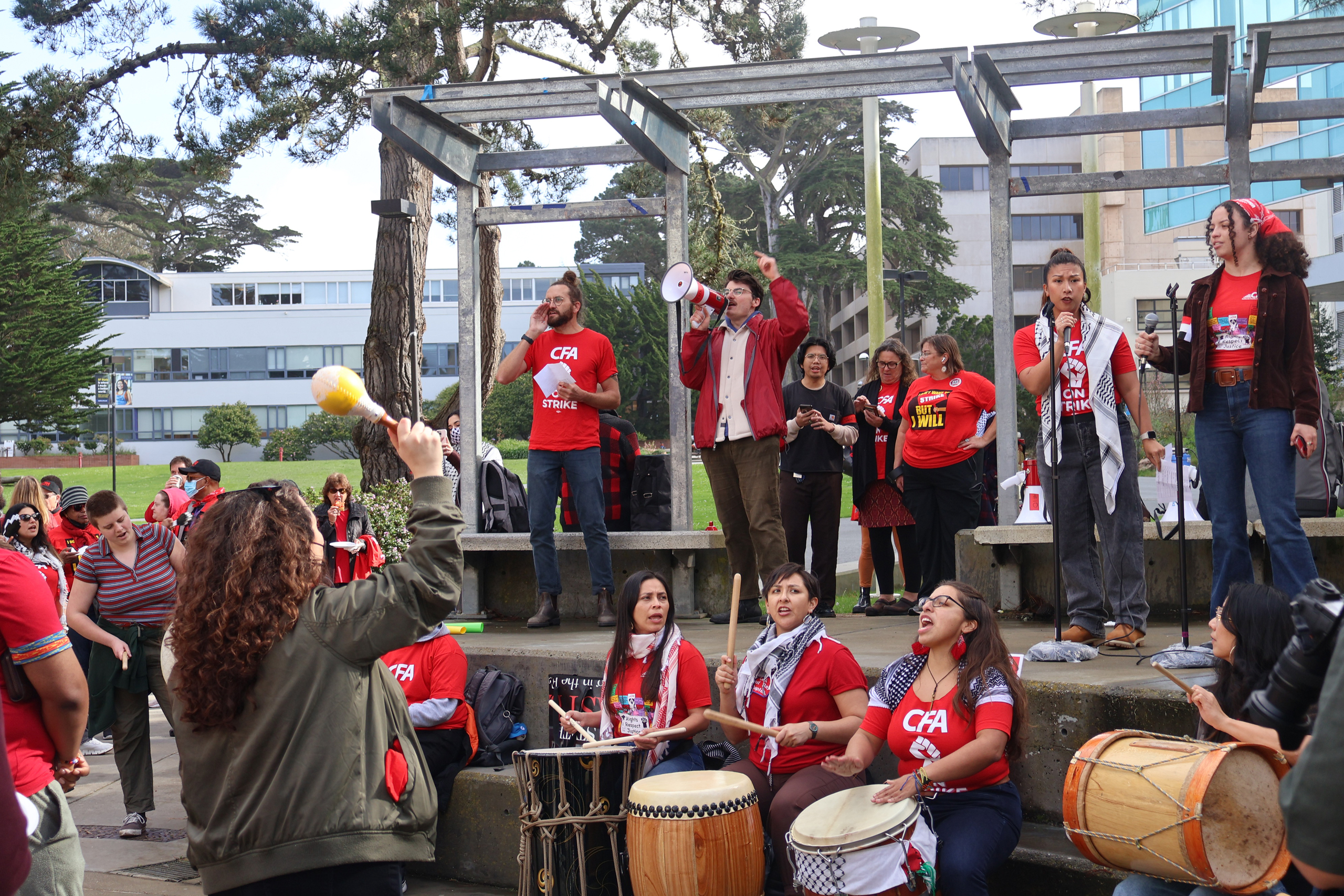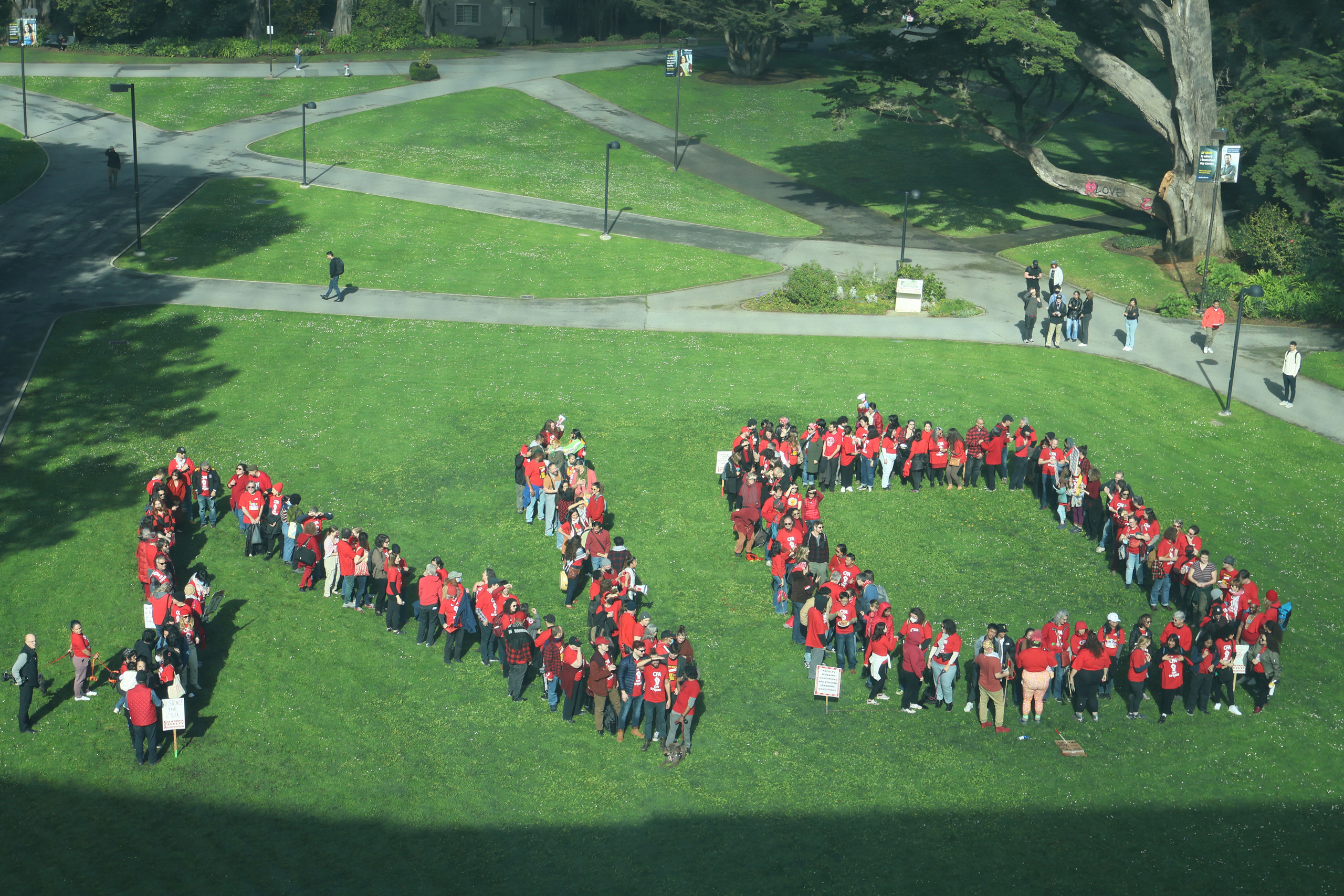California Faculty Association Ratifies Tentative Agreement with State Universities Despite Local Opposition
By Julia Chong
Members of the California Faculty Association (CFA) voted to ratify the tentative agreement offered by California State University (CSU) this past Sunday, finally ending eight months of open bargaining and staff action.
The agreement passed with 76 percent of voters in favor, a drop from the previous 95 percent majority for the union’s February 2022 agreement, indicating some dissatisfaction amongst membership. CFA represents 29,000 faculty members across the 23 CSUs.
The tentative agreement followed negotiations that began last May, the first time in CFA history where open bargaining occurred amongst all 23 chapters.
After unsuccessful mediation with the university, the union initiated their five-day walkout on Monday, Jan. 22. On the same day, CSU presented the latest tentative agreement contingent on the immediate end to the largest university strike in U.S. history, and a return to work that following Tuesday.
The proposal was accepted, leaving CFA members questioning the transparency of negotiations. San Francisco State University’s local branch of CFA (CFASF), joined by staff from Cal State East Bay and San Jose State, pledged to reject the tentative agreement with a “VOTE NO” demonstration at Malcolm Plaza X on the SFSU campus on Thursday, Jan. 25.

“A few members of the leadership of the union made decisions without consulting the membership, so open bargaining was out the door,” said Brad Erickson, CFASF Chapter President. “They decided to call off the strike and accept a contract that they had pledged all along they wouldn’t accept.”
The deal agreed to a five percent retroactive raise from June 1, 2023, as well as a provisional five percent in June 2024; the anticipated increase would be entirely dependent on whether CSU secures the same amount of state funding sanctioned in the prior fiscal year.
In addition to salary increases, the tentative agreement promised a service step increase of 2.65 percent for 2024-25, ten weeks of paid parental leave (formally six weeks), and an extension of the current contract until June 30, 2025.
“It was the first time CSU management had approached us with a serious offer,” said Kevin Wehr, Bargaining Team Chair. “It wasn’t everything, but it was substantial enough to bring to the Bargaining Team and Contract Development and Bargaining Strategy Committee, and that group decided it was good enough to take to the Board of Directors.”
With Governor Gavin Newsom’s proposed 2024-25 California state budget, revealing a shortage of $38 billion, demonstrating faculty members were not confident. The requested twelve percent had already been a compromise in relation to rising costs of living in California, and a nationwide inflation rate of 12.9 percent from July 2021 to December 2023, according to CFASF in an open letter to statewide CFA leadership.
The letter also proclaimed that CSU’s sufficient funds could better address this gap, highlighting CSU’s $8.6 billion in unrestricted reserves and $15 billion in restricted reserves. Rallying SFSU faculty and students also questioned CSU’s $7.89 billion investment portfolio for 2023.

“$91.6 million is going to Vanguard, a company involved in funding projects in the Palestinian occupation,” said an SFSU alumni and member of the Palestinian Union Movement, who wished to remain anonymous. “We clearly have more than enough money, so it makes you question the priorities and ethics of the administration.”
Lockheed Martin, RTX, Northrop Grumman, Boeing, and General Dynamics, five of the top six most profitable international defense corporations of 2023 and all found to have affiliations with the Israeli military, constitute The Vanguard Group’s financial holdings.
Furthermore, the CSU Board of Trustees plans to enact a 34% tuition increase over the next five years, as reported by CFASF. This has raised concerns about affordability, particularly for working-class students. With about 32% of City College of San Francisco (CCSF) students relying on financial aid, the decision may bring significant ramifications.
“Four-year degrees should be more accessible because they’re often required for a family-sustaining wage,” said Emily Gifford, CCSF student. “The tuition increase is only going to discourage students.”

Simultaneously, the recent dismissal of approximately 325 faculty and 655 classes has brought additional challenges. CFASF contends that this not only hinders students’ progress towards graduation but also jeopardizes the workload of tenure-track faculty. The failure to enforce the normative teaching load, as established by Academic Senate Policy Rf02-203, along with a proposal to increase class sizes have intensified concerns.
The discontinuation of the Peggie H. Smith Counseling Clinic, a 40-year-old on-site training program for the Masters of Counseling that would offer free, supervised counseling to other SFSU students, has likewise added a layer of discontent among demonstrators.
“At Psych and Counseling Services, since we’re only allowed to see students short-term, 5 or 6 sessions per year, we refer them to someone at Peggie Smith Clinic where they get counseling for a whole semester,” said Karla Castillo, a SFSU Counselor Faculty member. “It’s a great educational program for the students, it’s a great experience for our students seeking services, and it’s free and confidential, so this is very upsetting to many of us.”
Combined with the elimination of Residential Life positions and Counseling tenure tracks, the changes made by the university reflect the broader erosion of essential support structures on campus, according to SFSU community members.
The CSU Board of Trustees is set to meet on Mar. 24 to approve the agreement, at which time it will take effect.
